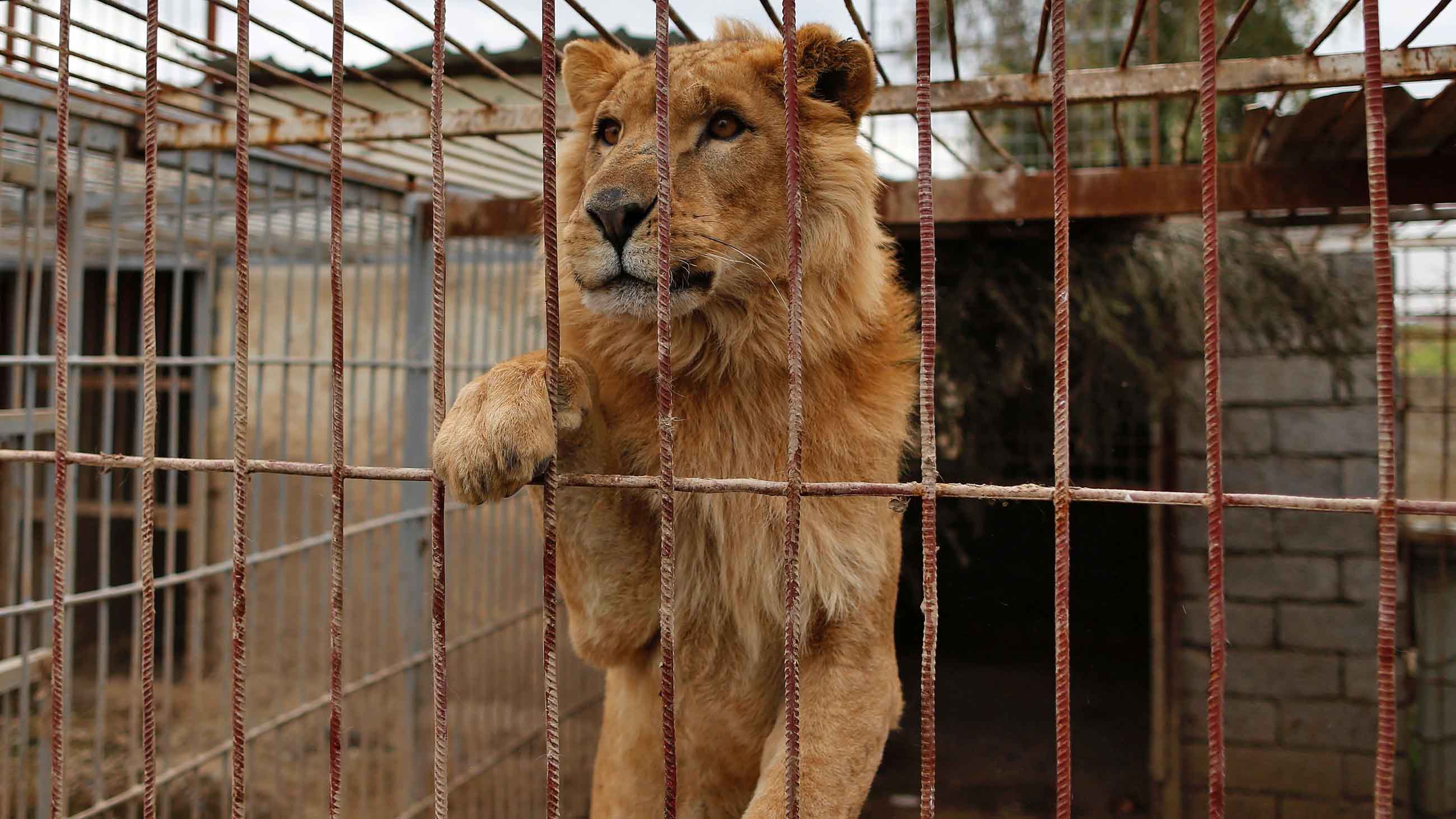Abstracts: Bones, Wombs, Diabetes, and More
• To better study bone disease, scientists turned bones transparent by locking DNA and proteins in place and then washing out the fat and lipids. While this technique has been used with brains and kidneys, this is the first time it has been applied to a hard tissue. (STAT)

• When zookeepers become refugees, what happens to their animal charges? One Egyptian veterinarian specializes in rescuing dangerous animals trapped in war zones, lately Mosul. Next up: Aleppo. (The New Yorker)
• Revisiting an archeological dig in California suggests that the first humans may have migrated to North America back in the interglacial warm period before this one, roughly 130,000 years ago. Until recently, consensus was that our ancestors left Africa by crossing the Bering strait on the tails of the ice age 15,000 years ago. (Economist)
• Would a nuclear weapon fired from space shut off the world’s electricity? An expert decides that the electromagnetic pulse threat is not really cause for concern at the moment. (NPR)
• With Roe v. Wade under threat and a wave of states enacting abortion restrictions, an advocacy group in the Netherlands launched a site on Thursday to provide counseling and education for women who seek to terminate their pregnancies on their own. According to their director, Women Help Women’s site is not intended to enable women in the U.S. to purchase illegal abortion drugs or as a substitute for professional medical advice. But, she says, should a woman require emergency attention after self-administration, they will be directed to do so, as early abortions are indistinguishable from miscarriages, and the medication is untraceable in blood or urine. (Washington Post)
• Doctors responding to the opioid overdoses are seeing an alarming new symptom — damage to the hippocampus and the inability to form new memories. (BuzzFeed News)
• Premature lambs — equivalent to a fetus born at 23 weeks — were brought to term after spending some time in a ‘biobag.’ The artificial womb provided a space for the lamb to transform into a recognizable, white and fleecy animal, with lung function equivalent to a lamb that finished gestation inside its mother. Though survival outcomes have steadily improved for babies born at 23 weeks, health outcomes for preemies are still poor. Reminiscent of something from a sci-fi flick, the bag promises to be less invasive than some of the current procedures, which include intubation, ventilation, and surgery. (The Guardian)
• A study published this week showed that chili peppers can actually calm a gut raging from colitis or type 1 diabetes, likely because of the high concentration of the molecule anandamide, which quells the body’s inflammatory response. The researchers are next heading to Colorado: anandamide is structurally similar to cannabinoids. (Huffington Post)
• A physicist best known for two projects — inventing the Telestrator, the revolutionary tool that lets sports announcers draw on screen, and participating in the Air Force’s Cold War mission of detonating nuclear bombs on the moon — passed away this week. (New York Times)
• And finally, there might literally be an app for diabetes. Researchers in China implanted diabetic mice with a small hydrogel capsule full of LED lights and cells engineered to release insulin in response to light. From a smart phone, they signaled the cells to make more insulin. Within hours, the mice had normal blood sugar levels. (Popular Science)









